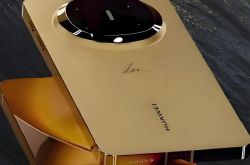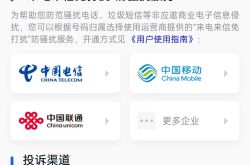Price Competition, Configuration Wars, and Marketing Strategies: Why Is the Chinese Automotive Industry Becoming Increasingly Competitive?
![]() 06/20 2024
06/20 2024
![]() 520
520
Introduction
The term "involution" is no longer new for the current automotive industry.
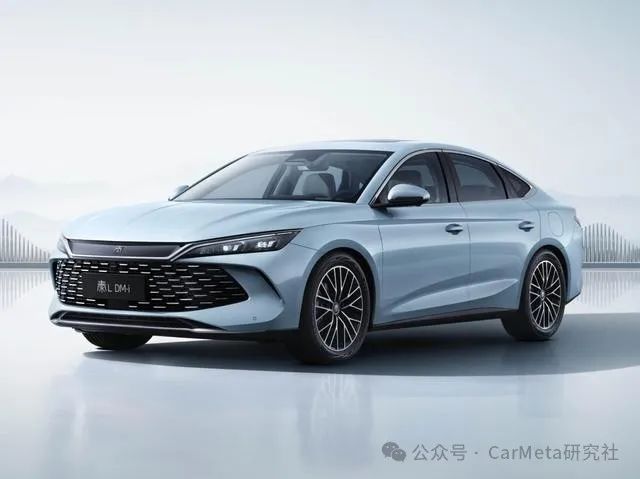
Triggered by BYD's price war at the beginning of the year, major brands have taken turns to reduce prices, leading to an increasingly fierce involution. Many automotive companies are already on the verge of collapse. For example, SAIC, for those interested, can refer to my previous article "SAIC Group Releases May Production and Sales Report: The Top Auto Manufacturer Falls from Grace."
And the recent Chongqing Auto Market Forum has also turned into a "complaint session" among the bigwigs in the automotive industry regarding involution.
The main opinions are roughly divided into two factions.
One faction supports moderate involution, represented by BYD.
Wang Chuanfu, the CEO of BYD, who has achieved remarkable results in the field of new energy products, believes that "there is no need for 'anxiety' and we should actively embrace 'involution'." According to his view, whether it's "price involution," "technology involution," "scale involution," or "traffic involution," they are all normal market competition behaviors. Competition leads to progress.
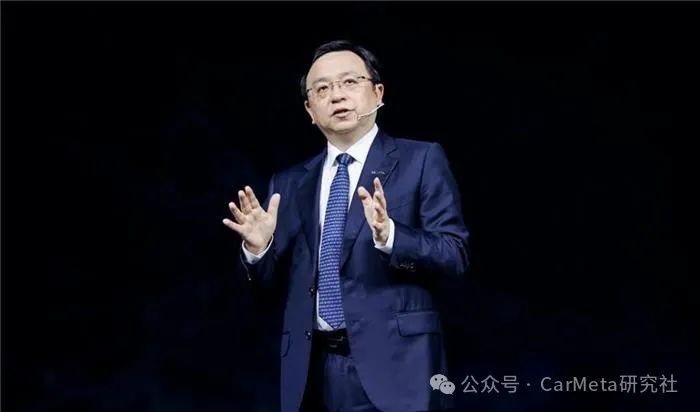
Li Yunfei, BYD's PR Manager, stated that price reductions should be reasonable adjustments based on cost reductions, not the result of vicious competition. What has happened to the prices of new energy vehicle battery materials in the past two years? When prices went up, you couldn't blame it on rising battery raw material prices. Now that battery raw materials have plummeted, why not reduce prices?
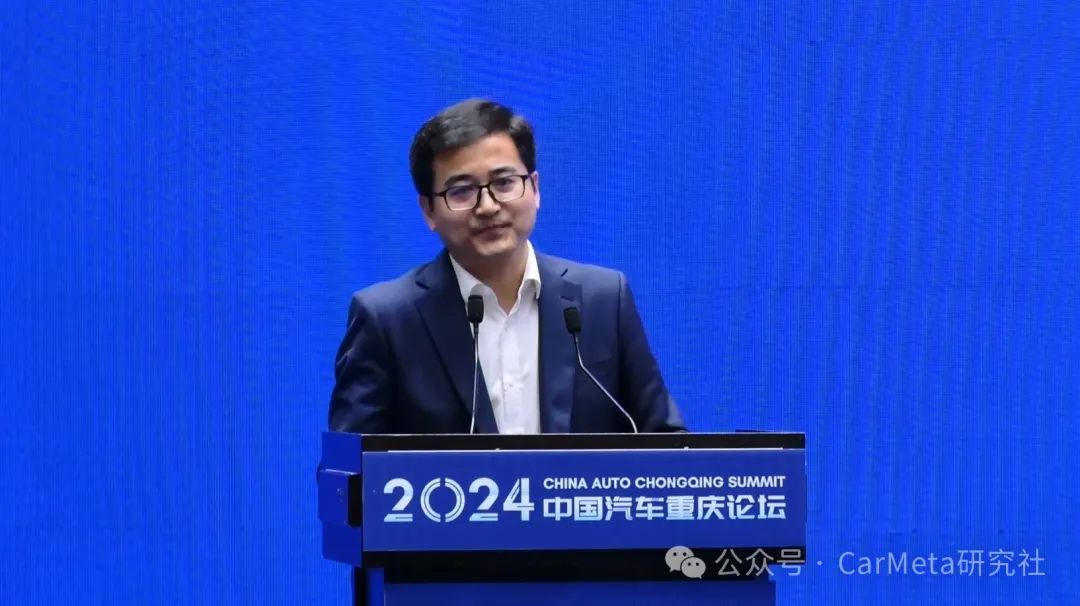
The CEO of Changan Automobile said that involution in the automotive industry is a good thing, as it can quickly restore healthy competition in the market.
Li Shufu, the founder of Geely Automobile, also expressed that "involution" is both good and bad. He believes that if it is in an environment with a high level of marketization, sound legal system, and strict law enforcement, transparent and fair competition is good; otherwise, it is bad.
The other faction, represented by GAC, opposes involution within the industry.
Zeng Qinghong, the chairman of GAC Group, said in his speech that enterprises should have a broader perspective, long-term strategic vision, rather than focusing only on short-term involution. They should also consider the national interest and promote long-term development.
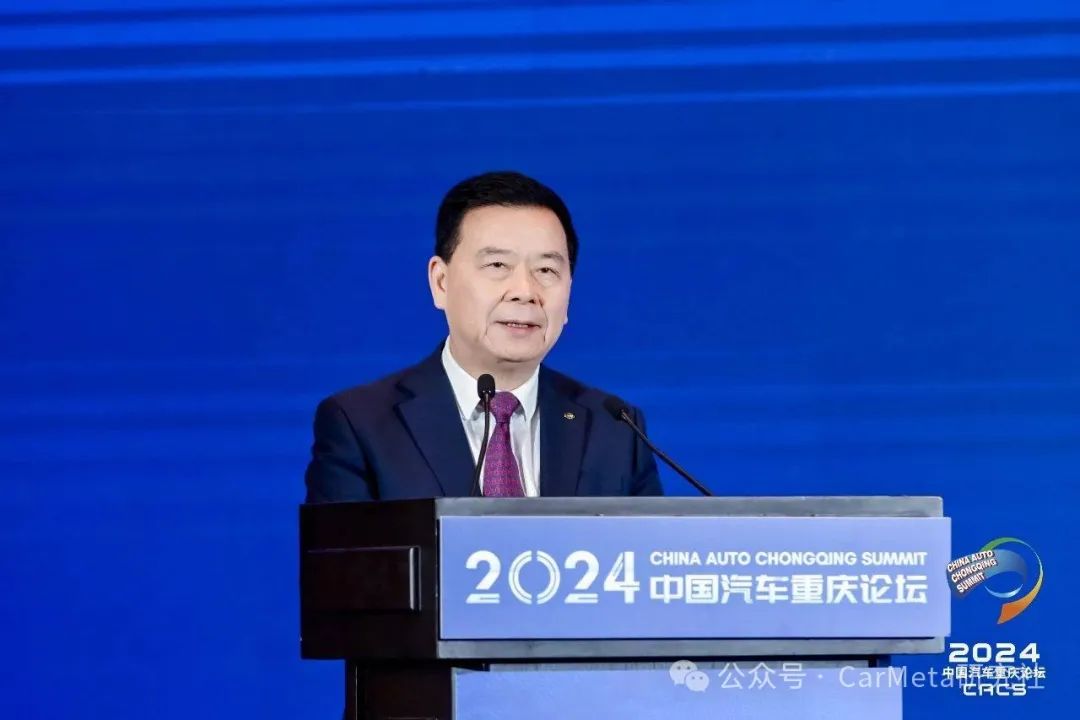
He asked, "What is the purpose of running a business? To make a profit. What is the purpose of making a profit? To contribute to the country, society, taxes, and employment. Now how many layoffs have there been? Tell you, GAC has also laid off quite a few people. What impact will this have on society and the country?"
Some argue that this kind of price-cutting competition is not orderly competition but a manifestation of vicious competition.
Although China's new energy vehicle production and sales have ranked first in the world for many consecutive years, the overall profitability of the industry is not optimistic. This aligns with the views of







